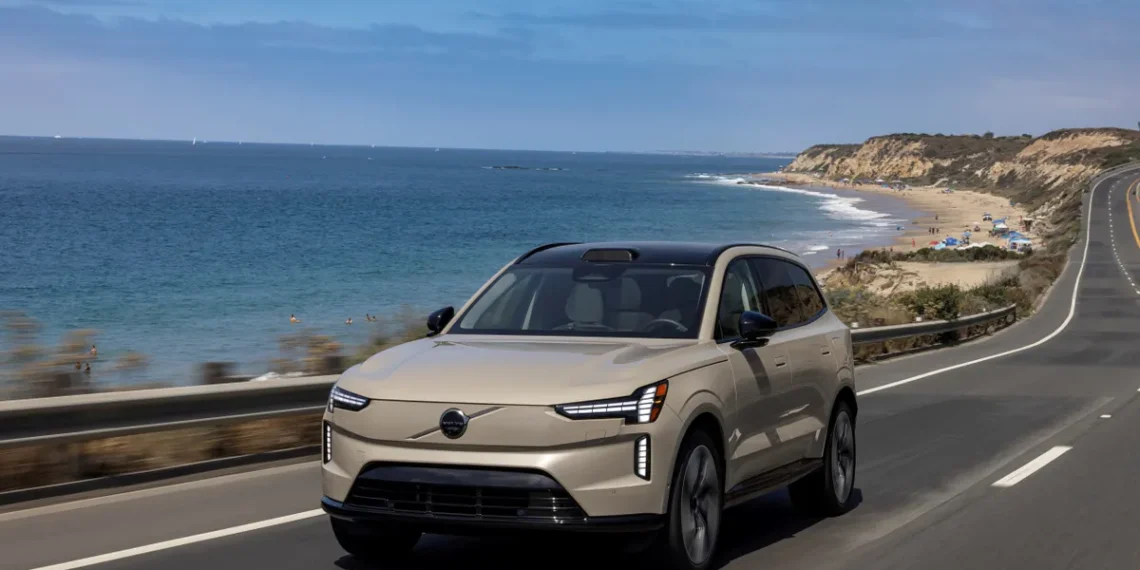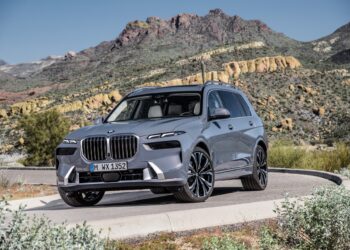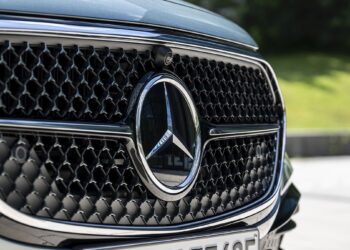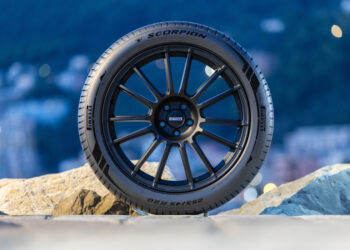Volvo, once at the forefront of phasing out combustion engines, is doubling down on its commitment to ban the sale of new internal combustion engine (ICE) cars in Europe by 2035. The Swedish automaker, alongside 49 other companies, including electric vehicle maker Rivian, has signed a declaration urging the European Union to uphold its strict emissions targets. Volvo’s CEO, Jim Rowan, emphasized that the ban on ICE vehicles would be the “single biggest action” to reduce carbon emissions in the automotive sector. Yet, despite Volvo’s rallying call, the road to a zero-emission future is anything but smooth.
While Volvo and other signatories, such as Uber and Ikea, back the EU’s plan, some of the biggest players in the car industry are noticeably absent from this declaration. Automakers like Tesla, despite being a pure EV brand, were not mentioned. Meanwhile, influential voices within the industry, including Porsche’s Chief Financial Officer Lutz Meschke, have suggested that the 2035 ban could face delays. Italy, in particular, is leading a counter-narrative, with its Environment Minister Gilberto Pichetto Fratin labeling the ban “absurd,” calling for a “pragmatic vision” rather than an “ideological” approach to phasing out gas and diesel cars. Prime Minister Giorgia Meloni echoed these sentiments, warning that such a ban could be “self-destructive” for Europe’s automotive market.
One critical aspect of the debate surrounds synthetic fuels and hydrogen, with Germany lobbying hard for exemptions to allow cars powered by carbon-neutral fuels to continue operating after 2034. The European Commission has reportedly agreed to provide a legal framework for such vehicles, signaling that the ban may not be an outright end for combustion engines but rather a ban on harmful emissions.
For Volvo, the stakes are high. The automaker has already taken significant steps toward an all-electric future, ceasing diesel production in March and projecting that plug-in hybrids (PHEVs) and electric vehicles (EVs) will dominate 90-100% of its sales by 2030. Currently, electrified models account for nearly half of Volvo’s shipments, with expectations for that number to reach 50-60% by 2025.
However, dissent from other corners of the industry threatens to muddy the waters. As some nations and automakers push for delays and exemptions, the global ramifications are immense. A delay in Europe could cause a ripple effect, forcing manufacturers to reconsider their economies of scale and potentially halting the production of certain ICE models worldwide.
As the debate rages on, one thing is clear: the future of cars in Europe will shape the direction of the global automotive industry. Volvo may have its sights set on a cleaner future, but the path ahead is fraught with challenges as other powerful forces resist the change.










